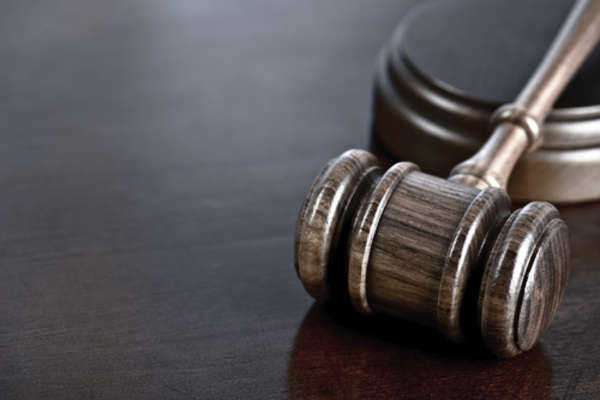Seventh Amendment
The 7th Amendment under the Bill of Rights in the United States Constitution gives an individual the right to a jury trial.
The 7th Amendment is quite similar to the provisions held in the 6th Amendment.The text itself surely reflects much of the times in which it was drafted, for it can be considered that no individual will bring to suit any situation regarding a dispute over twenty dollars. Surely, that amount was more valuable than it is today and any situation involving at least twenty dollars warranted the right to a jury trial. The 7th Amendment ensures that citizens have to right to have a court--whether a common law or civil law court--hear their case on the Federal level by a jury consisting of their peers.
The 7th Amendment was included into the Constitution in order for all court disputes to render decisions by a jury, without having a judge's bias sway their decision or influence the jury trial in anyway. The provisions create for a distinction between the responsibilities of a judge and those of the jury in a Federal civil court.

Judges held their positions simply to evaluate evidence in terms of its legal consideration in the jury trial, provide for guidance and instruction to the jury, and provide for advice on the actual law. A jury is responsible for evaluating evidence in terms of how it affects a verdict and determine which side, the plaintiff or the defendant, has proven, without a reasonable doubt, the facts of their case. In certain cases, a jury may also have the power to decide the amounts to be awarded to the victor in a jury trial.
Though judges do have a role in the actual outcome of jury trial, they are restricted in their participation. They have the authority to instruct the jury to mind a particular aspect of evidence presented or require that certain questions to be answered before rendering a verdict. Because the judge has the responsibility of determining whether or not evidence is valid for consideration under law and if a plaintiff's evidence is invalid or insufficient, the judge may instruct the jury to render a verdict for the defendant, as is allowed by law.
The 7th Amendment also exists as a check against judges from overstepping their boundaries because of their position of power. The judge does not have the authority to tell the jury how to rule or render a verdict in any case. Furthermore, the judge cannot persuade the jury in any shape or form to reach a certain decision. Though a judge and a jury will work together in a jury trial case, their responsibilities are separate from each other.The 7th Amendment was included by using as a precursor English civil and common law and the documented history of corruption displayed in prior times. It was not uncommon that judges would often render a decision that would most benefit the King or their own will. The right to a jury trial and the distinction of the roles of a judge and jury outlined the inherent responsibilities of those positions and any kind of action biased in nature by either of those in such roles would be unconstitutional.